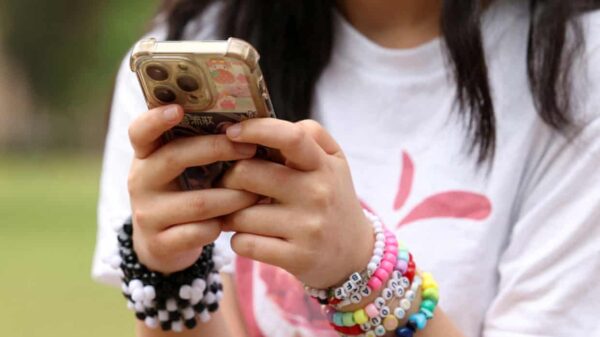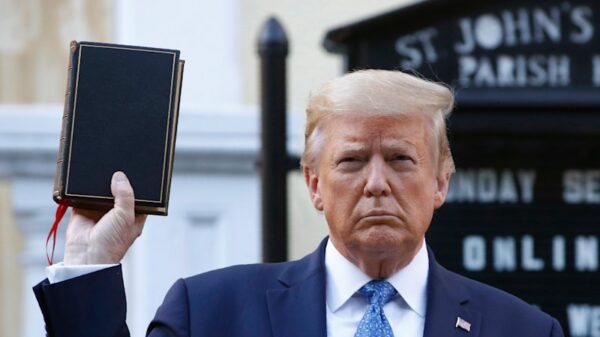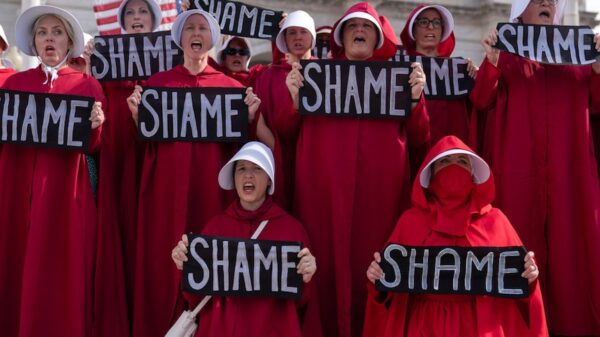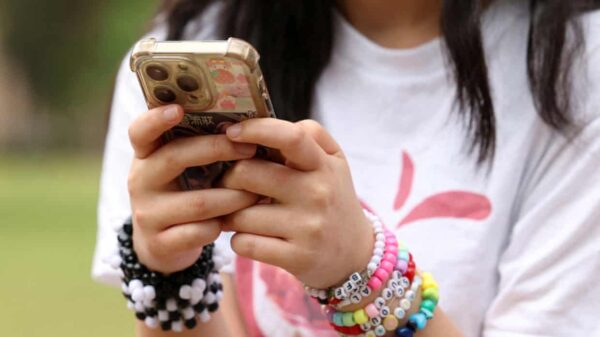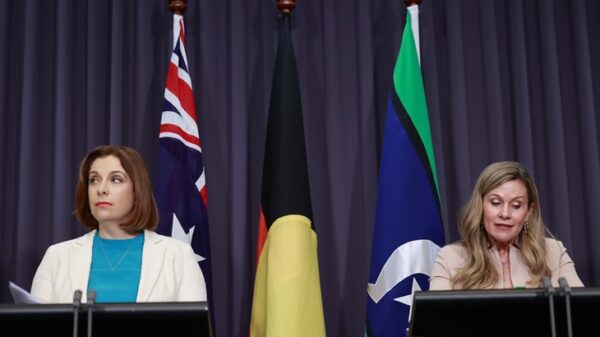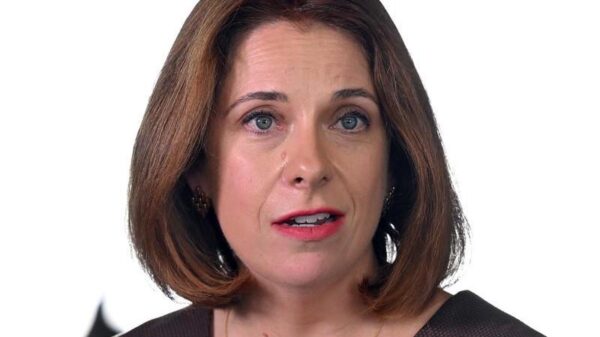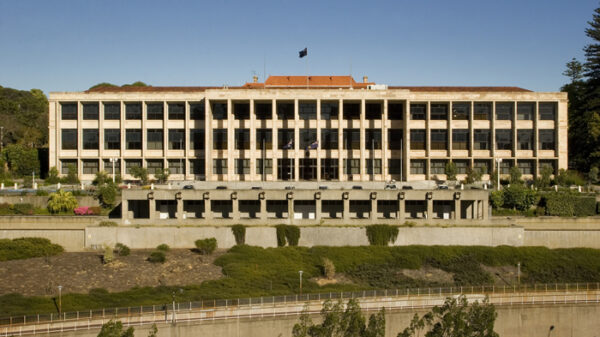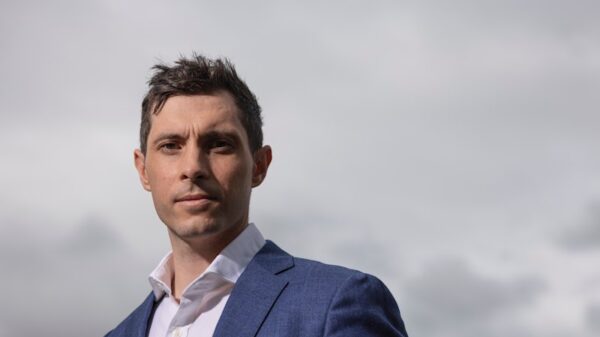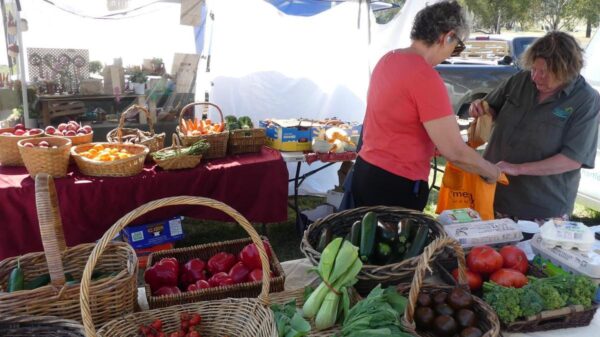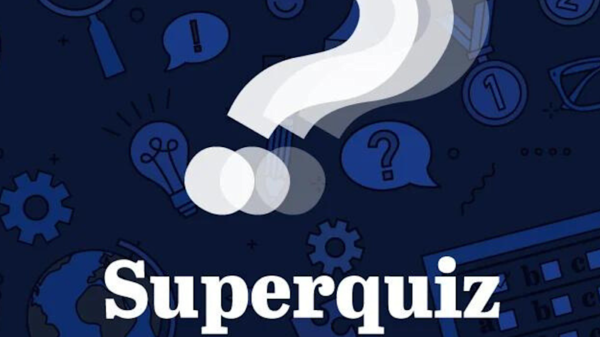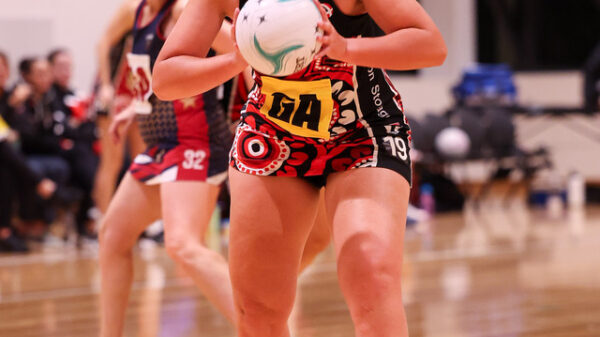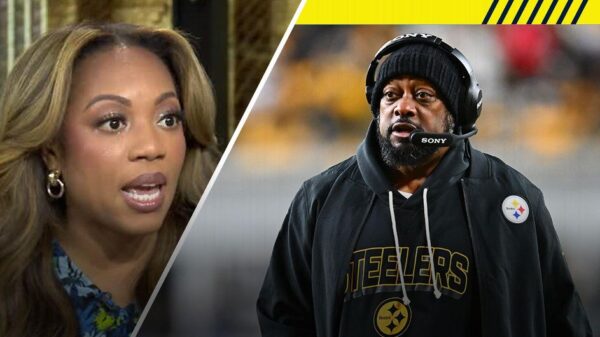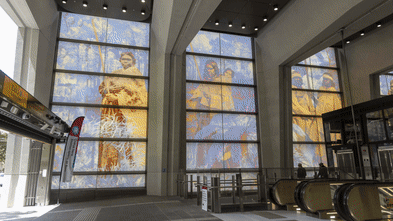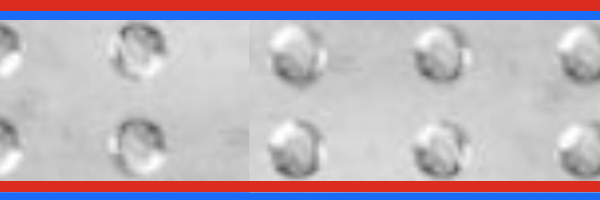The Cambridge Dictionary has introduced an extensive update, adding a remarkable 6,000 new words to its official lexicon. This latest revision highlights a significant influence from social media, particularly terms that have gained traction among younger generations, including Gen Z and Gen Alpha.
New Additions Reflect Evolving Language
Among the newly added words are terms like “delulu,” “tradwife,” “lewk,” and “skibidi,” which have transitioned from casual social media usage to dictionary status. The term “tradwife,” short for “traditional wife,” describes a social media trend in which some women embrace conventional domestic roles, inciting discussions around modern gender norms.
“Skibidi,” popularised by the viral YouTube series “Skibidi Toilet,” has a versatile meaning that can range from “cool” to “bad,” or sometimes, it may not hold any specific meaning at all. The term gained additional visibility when celebrity Kim Kardashian received a necklace emblazoned with the word from her 12-year-old daughter, North West.
The term “delulu,” which is shorthand for “delusional,” is defined by the dictionary as “believing things that are not real or true, usually because you choose to.” This word has recently been highlighted in a speech by Australian Prime Minister Anthony Albanese, who used the phrase “delulu with no solulu” during a parliamentary debate in 2025.
Observing Language Trends
Colin McIntosh, the Lexical Programme Manager at Cambridge Dictionary, noted the fascinating impact of internet culture on the English language. “It’s not every day you get to see words like ‘skibidi’ and ‘delulu’ make their way into the Cambridge Dictionary,” he stated. “We only add words where we think they’ll have staying power.”
Other notable additions include “lewk,” a stylised spelling of “look” that refers to an unusual or impressive outfit, which has been popularised by the hit show “RuPaul’s Drag Race.” The term “broligarchy,” a blend of “bro” and “oligarchy,” describes a small group of extremely wealthy and powerful men, particularly in technology, who seek political influence.
Practical terms reflecting contemporary issues have also made their way into the dictionary. “Mouse jiggler,” for instance, refers to a device or software that simulates computer activity to prevent screens from going idle, a useful tool for remote workers aiming to maintain an online presence. Other practical additions include “inspo,” short for “inspiration,” and “forever chemical,” which denotes long-lasting man-made substances linked to health and environmental concerns.
As language continues to evolve, the inclusion of these new words signals a shift in how digital culture shapes contemporary vocabulary. The Cambridge Dictionary’s latest update underscores the dynamic nature of language and its ability to adapt to cultural changes.



